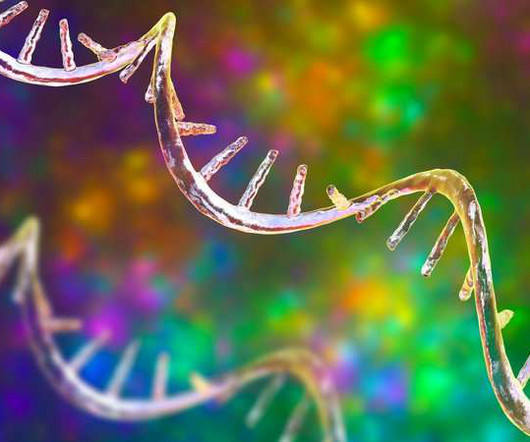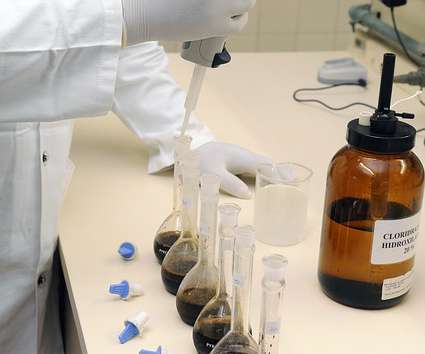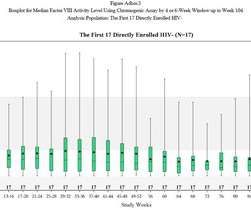Research reveals therapeutic potential of mRNA in rare diseases
Drug Discovery World
JANUARY 11, 2024
The team, led by University College London (UCL), King’s College London and Moderna scientists, found that mRNA could be used to correct a rare genetic liver disease known as argininosuccinic aciduria in a mouse model. mRNA contains instructions that direct the cells to make proteins.





















Let's personalize your content